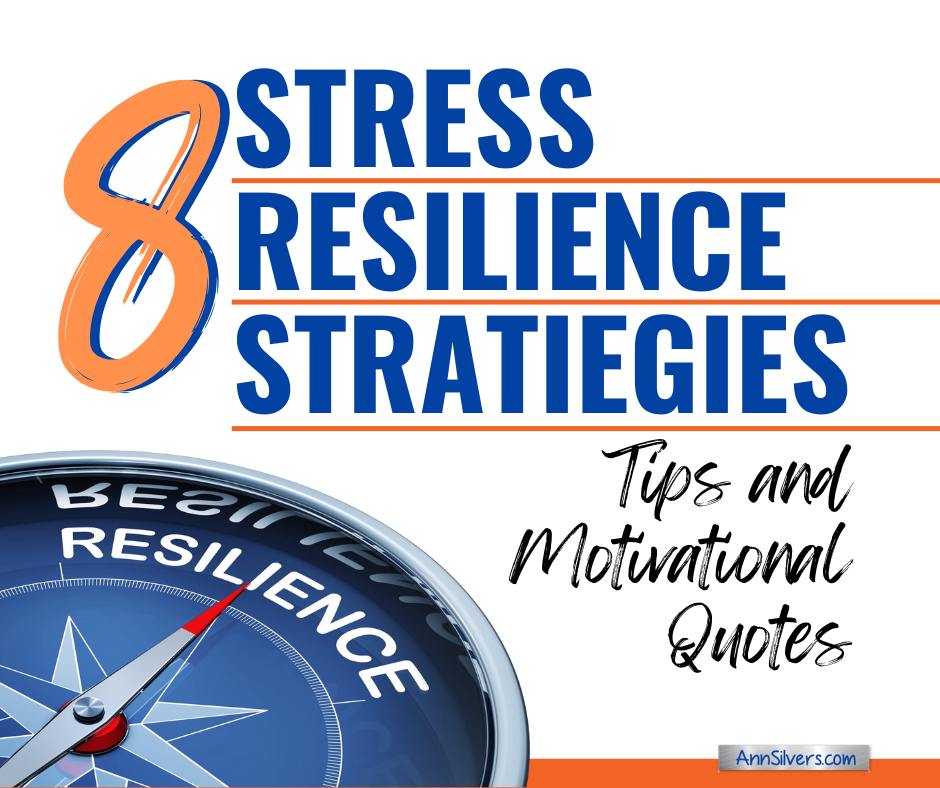
Facing Challenges: 8 Stress Resilience Strategies with Inspiring Quotes 0
Life throws curveballs—some small, some life-altering. Resilience helps you cope with everyday stress, overcome obstacles, and face tough challenges with strength and adaptability.
This post shares eight practical strategies to support you through difficult times. Each one is paired with resilience tips and motivational quotes—many featured in shareable graphics for an extra boost of encouragement.
You’ll also find links to resources designed to help you turn these strategies into action, with step-by-step guidance for navigating hardship and managing stress.
Let’s dive into these inspiring words of wisdom, tips, and tools to help you regroup, reset, and be ready to face what comes next.
- Ann Silvers
- Tags: anxiety anxiety relief emotional intelligence happiness Positive Inspiring Quotes stress
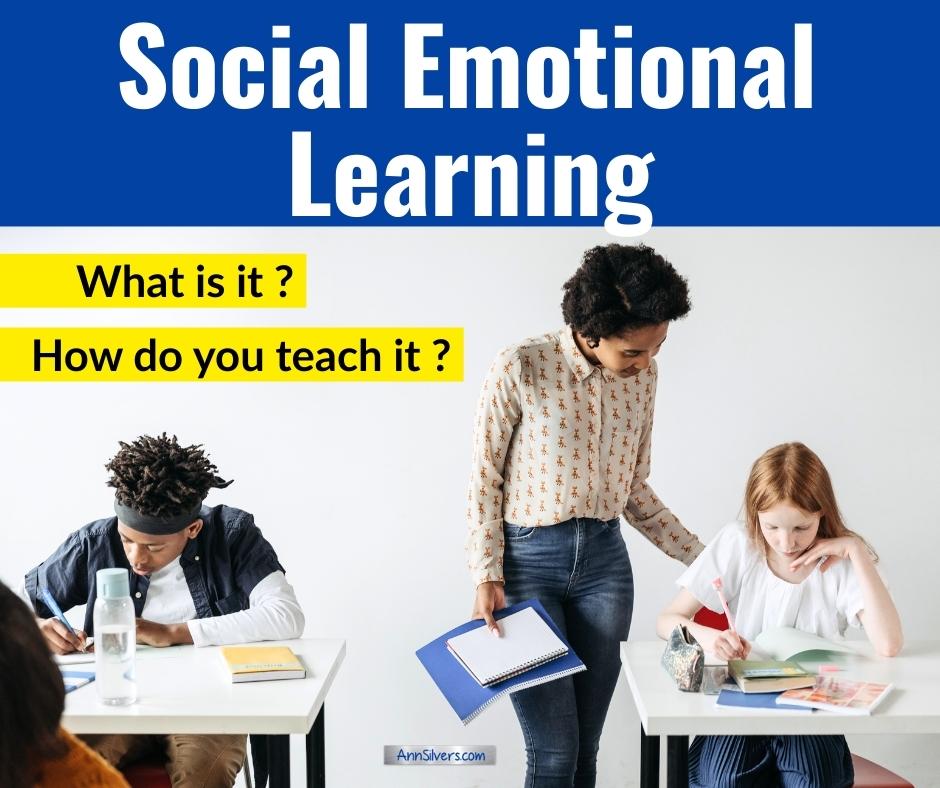
Social Emotional Learning: What SEL is and How to Teach It 0
Social Emotional Learning (SEL) helps kids develop essential life skills—like understanding emotions, handling challenges, building healthy relationships, and making thoughtful decisions.
In this post, you’ll learn what Social Emotional Learning is, its history, why it matters, and how to use it with school-age children. You’ll also discover research-backed benefits, practical strategies, and skill-building resources for adults and teens.
It's a helpful guide for teachers, school counselors, therapists, homeschoolers, and parents, whether you're just beginning to think about SEL or looking to up your Social Emotional Learning game.
- Ann Silvers
- Tags: emotional intelligence happiness relationship skills self-esteem and self-confidence
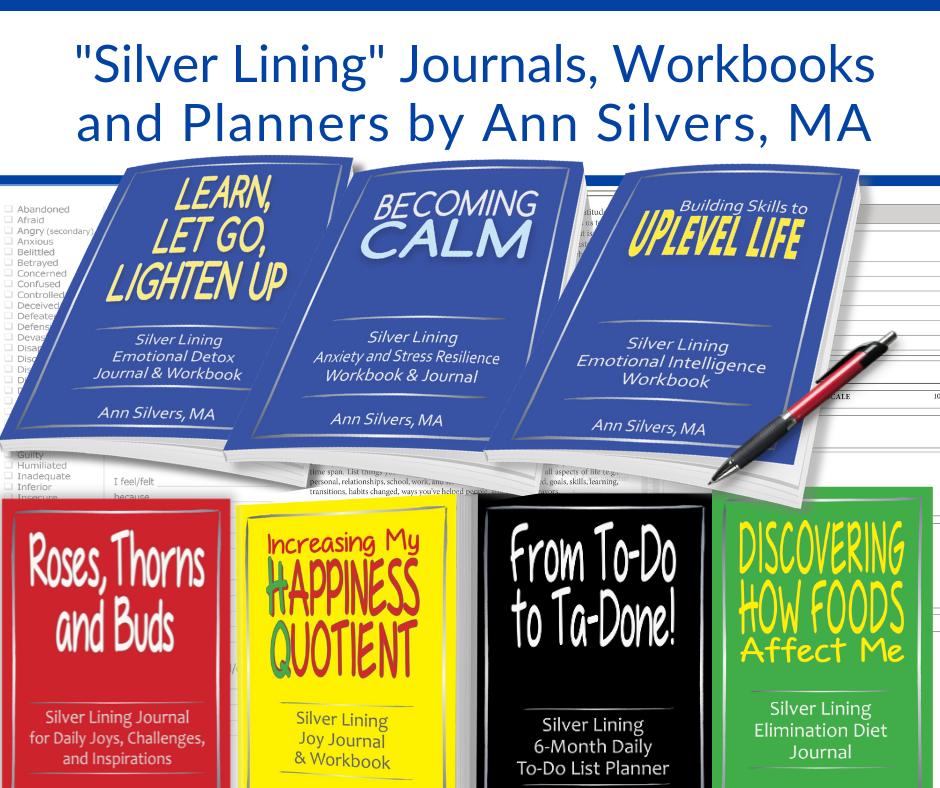
Silver Lining Series of Workbooks, Journals, and Planners 0
Through my work as a counselor, I’ve seen firsthand what helps people build resilience, improve relationships, and create positive change in their lives. I bring that experience into my writing, creating resources that are both self-help (for individuals) and helper-help (for professionals like therapists, teachers, and group leaders).
Whether you're working through anxiety, exploring emotional intelligence, or simply looking for a better way to track your to-dos, these workbooks, journals, and planner provide structured support for real-life challenges.
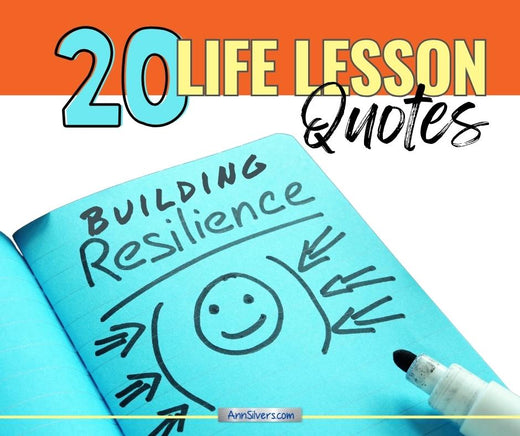
Building Resilience: 20 Life Lesson Quotes with Graphics 0
Building resilience is key to navigating life’s challenges. It helps you adapt, recover, and grow stronger when faced with difficulties. Healthy, resilient coping mechanisms help you bounce back after adversity. This post explores how hard times both require and strengthen resilience, highlighting six key qualities that support it: courage, patience, optimism, gratitude, flexibility, and perseverance.
Discover 20 short, inspiring, motivational resilience quotes to help you turn obstacles into opportunities for personal growth.
- Ann Silvers
- Tags: anxiety relief depression emotional intelligence happiness Positive Inspiring Quotes stress
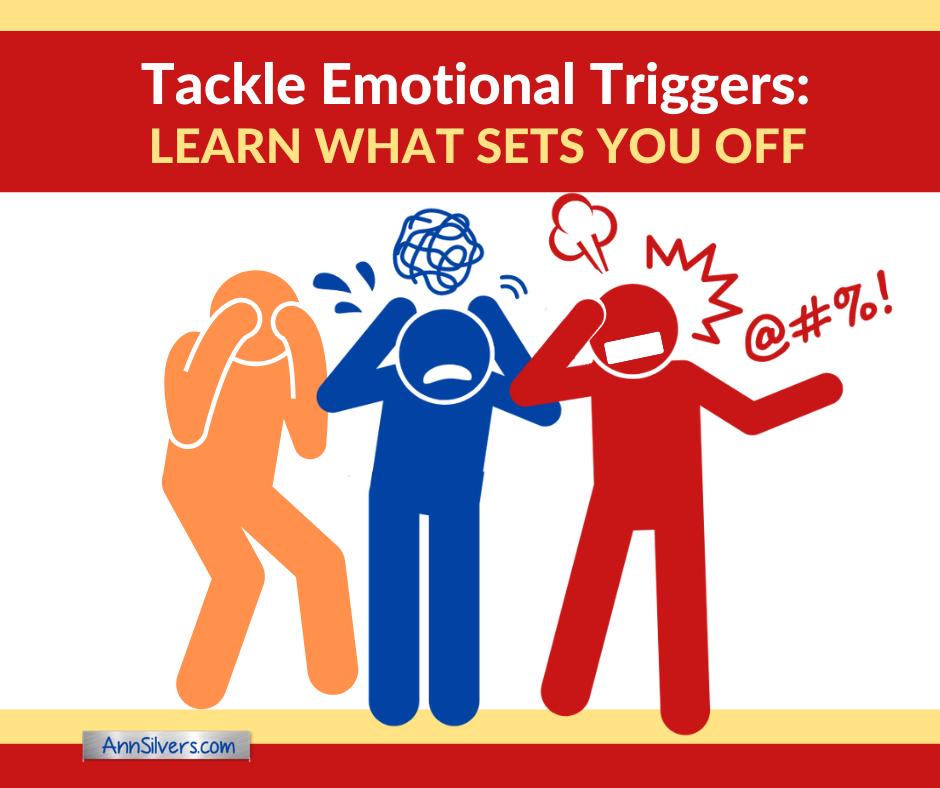
What Are Emotional Triggers? Identify & Manage Your Reactions 0
Emotional triggers are feelings, events, situations, places, people, and things that propel overreactions, anxiety, anger, withdrawal, or other negative automatic responses. They are often associated with negative past experiences that get tapped into by current events.
Recognizing and managing your triggers is vital for your own well-being, happy relationships, and career success.
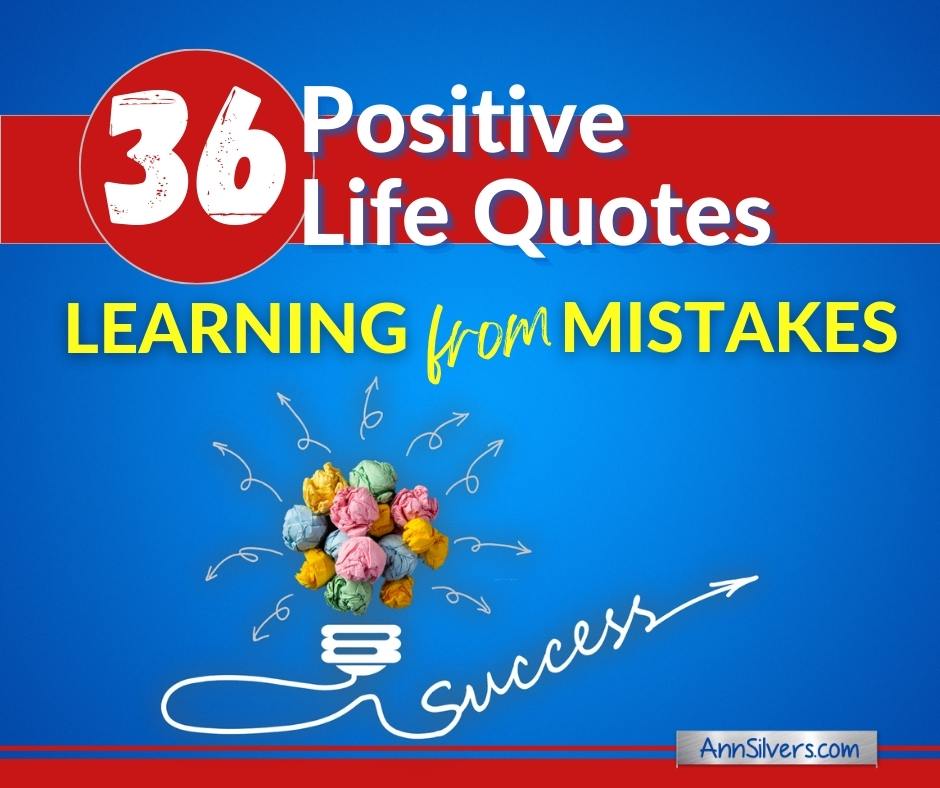
36 Positive Life Quotes About Learning from Mistakes 0
Everyone makes mistakes. Mistakes are an unavoidable part of life. They are also powerful teachers. While mistakes and failure may create setbacks, if you use them wisely, they can reorient you in the right direction and seed growth, resilience, and innovation.
This collection of quotes highlights the wisdom, insight, and motivation that come from embracing and learning from your mistakes.
And to help you move mistakes off your dreaded-things list, I'll point you toward resources for Reframing Mistakes and Failure CBT Worksheets.
- Ann Silvers
- Tags: cbt Cognitive Behavorial Therapy emotional intelligence Positive Inspiring Quotes





